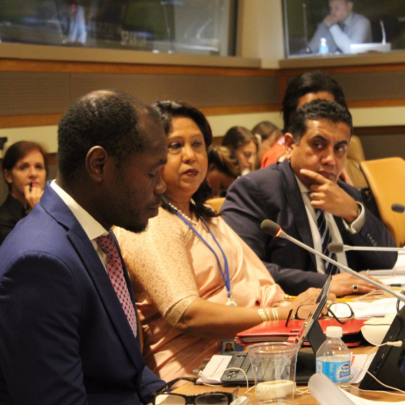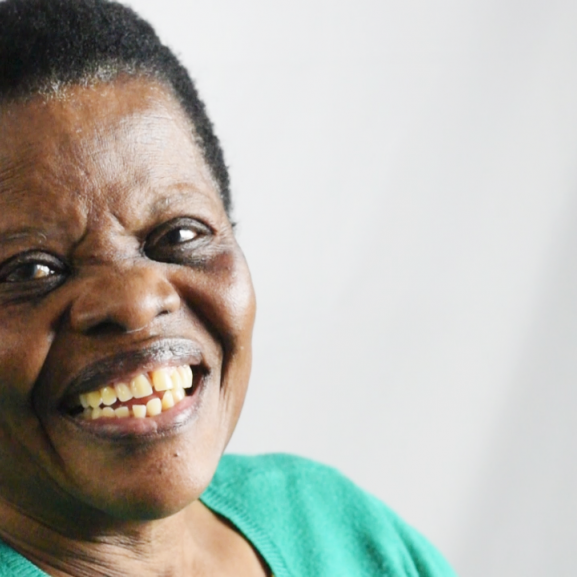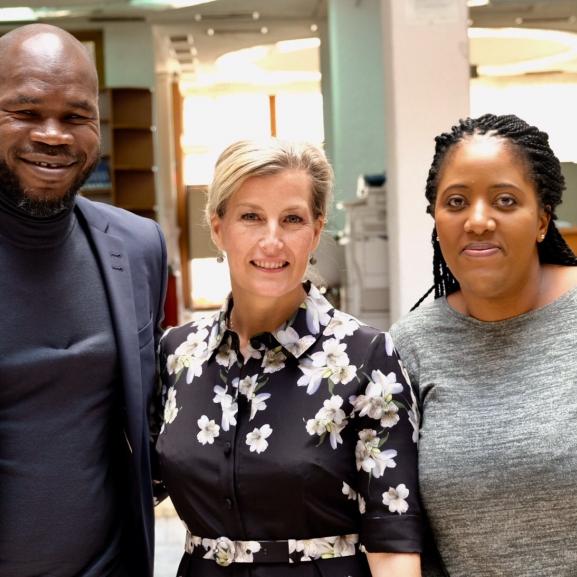The Power of Speech
Max Secrett, Campaigns & Communications Intern at Freedom from Torture, talks about his impressions of his first gig with Survivors Speak OUT at an Amnesty International meet with their members and activists.
Last Saturday, the Survivors Speak OUT (SSO) network was invited to address the annual Amnesty International UK London Local Group meeting. SSO were the ‘headline act’. As Freedom from Torture’s new intern, I came along as part of their entourage, to learn about SSO, take photos and eat cake.
Founding members Kolbassia and Serge-Eric took it in turns to explain the origins and aims of the network. They reminisced about early days, when they were just a few friends (and former Freedom from Torture clients) who met up to talk over food in Kolbassia’s flat. Since then, SSO has grown into an actively engaged group of more than 20 torture survivors who spoke to over 1,500 people in 2011 alone. Whether their audiences are made up of school children or policy-makers at the Foreign Office, what matters, Serge-Eric stresses, is that their voice is heard.
It is a voice, he adds, which some have gone to brutal lengths to silence. SSO members come from places where ‘speaking out’ is not tolerated, where human rights blogs (like this one) are censored and human rights organisations (like Freedom from Torture and Amnesty) outlawed.
Yet here they are. There is something really satisfying about listening to those who the torturers have failed to shut-up.
Although free from the persecution which led to their torture, survivors face a spate of new challenges – and often hostility – in the UK. They must navigate a complex and baffling asylum process, are at risk of detention and living in poverty, all the while trying to overcome the trauma of the past. Although their voice is no longer silenced by secret police, it is all-too-often appropriated by NGOs, ignored by policy makers and distorted by the media.
This is why SSO matters. It is a network of experts through experience who are speaking for themselves. As Kolbassia points out, having experienced detention they have been able to offer recommendations on the Detained Fast Track which fed into the 2011 Independent Chief Inspector of Borders and Immigration inspection. Having experienced xenophobia, they can engage with communities and try to dispel negative stereotypes.
Even when preaching to the converted, as here at Amnesty, SSO provide fresh insights and inspiration. By the end, the crowd were clearly moved and I joined in their applause.






